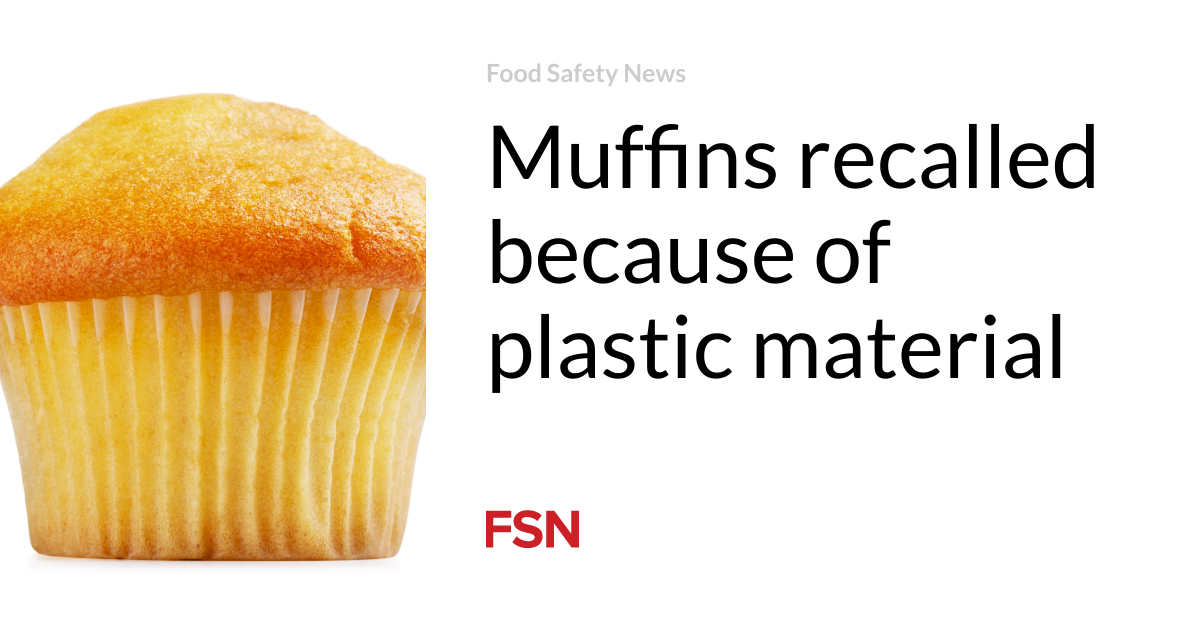By Kitt Tovar Jensen
Not only did the novelty of the pandemic cause national concern, but so did shortages of food and other basic supplies. Although a multitude of brands and meat products flood stores, there are relatively few companies providing the products. In fact, 85 percent of U.S. cattle are slaughtered by just four companies.
While the current large-scale meat processing system is both effective and efficient, any processing plant closure creates a ripple effect throughout the entire meat product supply. Due to the mechanics of a processing plant as well as consumer taste, livestock must be slaughtered by a certain weight or age. This leaves livestock producers with relatively few markets in which to sell their products.
As COVID-19 vaccines became available, the pandemic appeared to near its end. Residual supply chain issues, however, still plague product accessibility. Coupled with rising inflation rates and international disputes, many consumers have begun to turn towards smaller, local meat lockers.
In response to the pandemic-caused disruptions, many states are working to address meat product supply chain issues. Iowa and South Dakota have enacted legislation to provide grants for small establishments processing locally raised livestock. The purpose of this funding is to relieve pressure on the meat supply chain by expanding meat locker space, assisting small meat locker owners with purchasing new equipment, and creating new curriculum to establish an artisanal butchery program.
Other states, such as Oregon, are trying to address supply chain issues by applying for a State Meat Inspection Program with the USDA. Establishing a state inspection program would create more opportunities for livestock producers, as there are less than 15 federally inspected meat processing plants in the state.
At the same time, consumers are increasingly interested in learning how their food is grown and are seeking to buy local products. Due to several key federal laws, Americans are accustomed to relatively few foodborne illnesses and outbreak. Consumers should be able to confidently support small, artisanal butcheries without sacrificing food safety and quality.
Federal Regulation and Inspection
Although rare, foodborne illnesses and outbreaks do occur and can cause a staggering amount of physical and financial damage in a relevantly short time. Because few Americans grow their own food, safety regulations necessarily focus on the commercial production and sale of meat and poultry products. In 1906, Congress enacted the Federal Meat Inspection Act (FMIA) to protect consumers from adulterated or misbranded meat products. The FMIA requires all meat products sold through interstate commerce to be processed in sanitary conditions and inspected. The Poultry Products Inspection Act sets similar national standards for poultry products.
The United States Department of Agriculture, through the Food Safety and Inspection Service (FSIS), manages the federal inspection of such meat and poultry processing establishments in order to ensure the health and safety of consumers. To achieve this goal, FSIS has established various regulations. For example, all applicable meat and poultry processing establishments must develop and establish written Sanitization Standard Operating Procedures (SSOP). SSOPs ensure that each meat and poultry processing establishment have sanitary conditions. FSIS also requires applicable establishments to develop a Hazard Analysis and Critical Control Point (HACCP) program. HACCP programs serve as a control system designed to prevent foodborne illnesses.
If FSIS detects a violation, it may immediately remove the product in order to protect consumer health, stop production at the facility, or it may withhold inspection services. Without inspection services and approval, a meat or poultry processing plant cannot sell its products into interstate commerce. In a severe situation, FSIS may refer the violation to the U.S. Attorney’s office for criminal prosecution.
Consumers will be glad to know that these laws and regulations have relatively few violations. For the 2021 fiscal year, FSIS reported a 98.7 percent compliance rate. In 2021, FSIS investigated 11 outbreaks. The United States is able to provide a safe food system, because of regulations, investigations and recalls.
State Inspection
The FMIA allows individual states to enter into a cooperative agreement with FSIS and operate their own meat and poultry inspection (MPI) program. Any meat and poultry product from such a facility is limited to sales within the state. The State MPI program must establish enforcement requirements “at least equal to” the applicable federal regulations. Currently, 27 states have elected to do create MPI programs.
A State MPI offers protections similar to the federal programs as federal regulations set the baseline of safety and animal welfare. Additionally, FSIS requires each state with its own MPI program to conduct a yearly self-assessment demonstrating that its program is “at least equal to” federal inspection regulations. Under the assessment process, FSIS will evaluate each state’s statutory and regulatory authority, sampling procedures, and inspection coverage. In 2020, FSIS found that 26 of the self-assessments demonstrated that the State MPI programs have laws, regulations, and programs “at least equal to” the federal laws. One state received a provisional “at least equal to” status. In addition to the yearly self-assessment, each state’s MPI program is subject to a triennial on-site review.
About 1,900 state inspected meat processing establishments exist throughout the country. Under USDA regulations, establishments with 10 to 499 employees are considered to be small and establishments with fewer than 10 employees are considered very small. In addition to meat inspection requirements, small-scale meat plants frequently need licensing for waste water disposal, business operation, and construction. Despite their size, small and very small meat processing plants offer additional options for livestock producers and consumers while simultaneously following food safety practices.
Inspection Exemptions
Because the prevention of large-scale foodborne illness outbreaks is a primary government objective, FSIS did establish several inspection exemptions for noncommercial meat processing establishments. First, FSIS allows a personal use exemption for anyone who slaughters her own livestock and will use the meat products only for herself, her family, or nonpaying guests.
Second, any individual or establishment who slaughters and prepares livestock for the exclusive use of a livestock owner is able to receive the custom use exemption. Custom-exempt establishments do not require daily FSIS inspections. However, establishments in this category are still subject to adulteration and misbranding regulations and must maintain sanitary conditions.
Conclusion
The impact of COVID-19 on the supply chain highlights the needs for a stable and consistent source of meat and poultry products. Such work is physically difficult and, unsurprisingly, the biggest issue many small-scale meat locker owners face is a lack of a trained worked force. However, by supporting small and medium size meat processing establishments, the pressure on the meat products backlog is able to be reduced.
In addition to supply chain issues, the consolidation of the meat processing industry has created further concerns about the industry’s vulnerability to cyber-attacks and allegations of antitrust law violations. There are over 6,200 federally regulated meat and poultry slaughter and processing establishments throughout the United States. Comparatively, state inspected meat processing facilities involve a minute number of establishments. However, these facilities, although small, receive the same level of food safety and quality oversight while simultaneously providing new job opportunities throughout many rural areas of the state.
- See 21 U.S.C. § 601 et seq.
- 21 U.S.C. § 451 et seq.
https://www.fsis.usda.gov/sites/default/files/media_file/2021-11/qer-q4-fy2021-tables.pdf
4. Methodology for Performing Scheduled and Targeted Reviews of State Meat and Poultry Inspection Programs – Revision 2, FSIS Directive 5720.3 (Nov 10, 2016).
5. 9 C.F.R. § 303.1(a).
About the author: Kitt Tovar Jensen is a Staff Attorney at Iowa State University’s Center for Agricultural Law and Taxation. She focuses on areas of agricultural law including farm succession planning, environmental and natural resource law, regulatory law, and farm policy.
Prior to joining CALT, Kitt worked as an undergraduate research assistant in the Animal Production department at the University of Lleida in Catalonia, Spain, and interned with the international trade department for the National Pork Producers Council in Washington, D.C. While in law school, Kitt served as the Associate Editor for the Drake Journal of Agricultural Law and clerked at the Iowa Farm Bureau Federation.
Kitt earned her B.S. in Animal Science from Iowa State University and her J.D., with honors, from Drake University while completing certificates in Food and Agricultural Law and Legislative Practice. Kitt is an LL.M candidate at the University of Arkansas School of Law.












